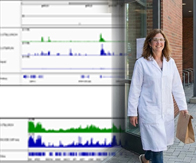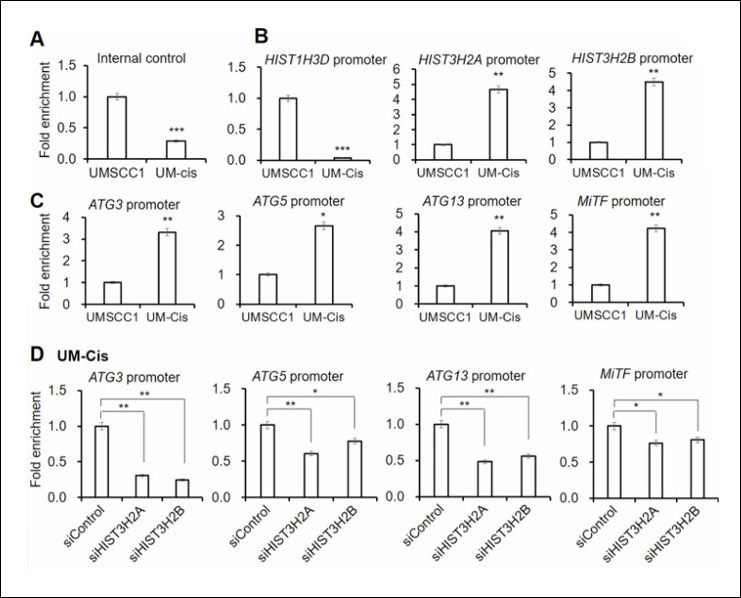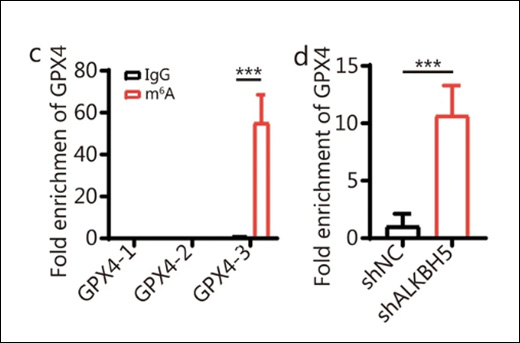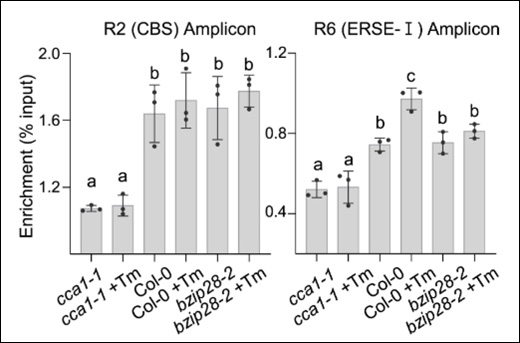CRISPR/Cas9 has become one of the most widely adopted tools for genome editing, offering researchers the ability to introduce precise, targeted modifications in DNA. The system is simple and powerful, but its rapid rise has also revealed limitations. Chief among these is the issue of off-target activity, where Cas9 makes unintended cuts at genomic sites resembling the intended target. Such off-target edits can confound results in research and pose safety risks in therapeutic contexts. Improving the specificity of Cas9 while maintaining strong on-target efficiency is therefore a major focus in the field.
Importance of CRISPR/Cas9
The continued evaluation of CRISPR/Cas9 is essential for both fundamental science and clinical application. Researchers aim not only to harness Cas9’s precision but also to refine methods of controlling its activity in living systems. With genome editing being considered for disease modeling, agricultural improvements, and gene therapy, it is crucial to develop strategies that minimize unintended effects. Studies that assess the biochemical behavior of Cas9 and test new regulatory approaches directly contribute to making genome editing safer and more reliable.
Investigating Cas9 Fidelity
In a study published in Nature Communications, researchers aimed to engineer a refined adenine base editor with a narrower editing window that maintains high on-target activity while minimizing unwanted modifications. Their goal was to demonstrate improved editing precision and assess the potential of this approach for correcting disease-relevant mutations in human cells.
Cas9 Detection Using EpigenTek’s Anti-Cas9 Antibody
In the study, EpigenTek’s CRISPR/Cas9 Monoclonal Antibody [7A9] was used to detect Cas9 expression following delivery of base editor constructs.This approach confirmed that Cas9 was expressed at comparable levels across different experimental conditions, ensuring that observed differences in base-editing outcomes were attributable to the engineered variants rather than variations in Cas9 expression levels.
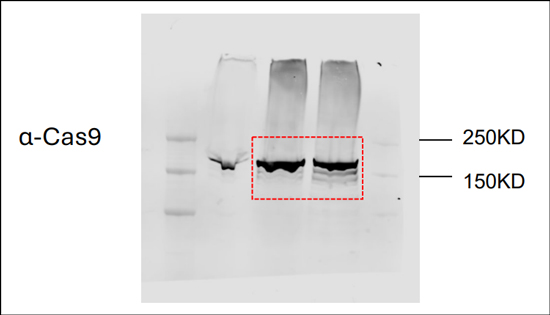
Overall Findings
Beyond the specific use of the CRISPR/Cas9 antibody, the study developed a refined base editor with a narrower editing window and improved precision, reducing unintended edits while maintaining strong on-target activity. It demonstrated more accurate DNA editing across tested sites and showed potential for correcting disease-relevant mutations with fewer off-target effects.
Summary and Significance
This study highlights the potential of precision-engineered base editors to advance safer and more accurate genome editing. By reducing unintended DNA modifications while maintaining on-target activity, such tools could accelerate the development of therapeutic strategies for genetic diseases. The use of EpigenTek’s CRISPR/Cas9 mAb to confirm consistent Cas9 expression underscores the importance of rigorous validation in designing reliable genome-editing approaches.




 Cart (0)
Cart (0)






